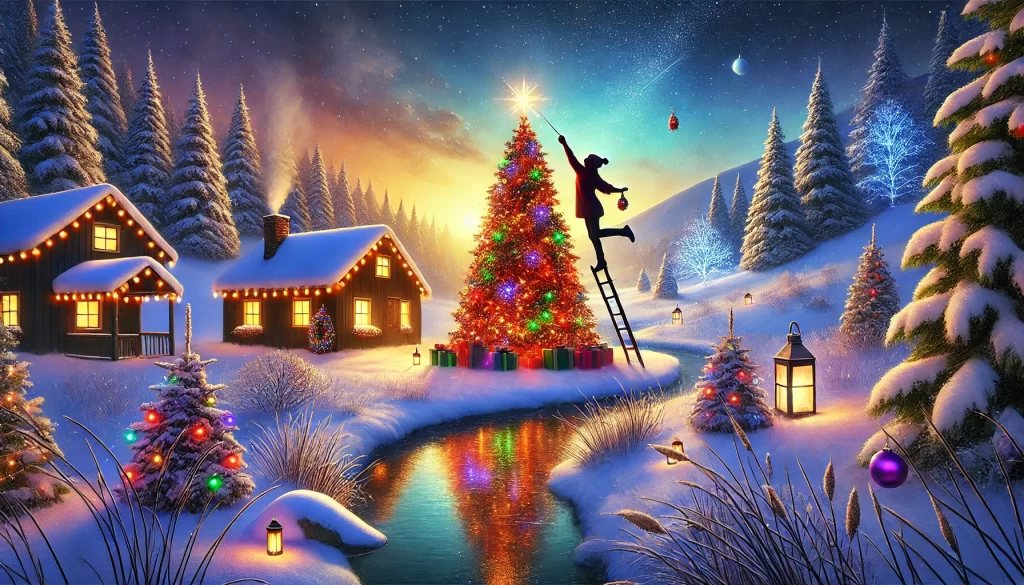
Adam Grant’s timely reminder that holidays should be for celebration, not recovery, has compelled me to pause and reflect as an organizational leader. It’s a perspective that challenges us to think critically about the culture we cultivate within our teams and to ask: Are we enabling people to thrive, or are we simply pushing them to endure? This question isn’t just about policy or procedure, it’s about humanity, intentionality, and a deep commitment to shaping workplaces where holidays serve as a joyful pause rather than an emergency reset.
Burnout is not an individual failing; it is a systemic one. It emerges in organizations that normalize relentless pace and undervalue sustainable rhythms of work and rest. If employees are limping into their time off, desperately seeking to recover and recalibrate, it signals that something fundamental is broken.
And fixing it begins with leadership.
As leaders, we must hold ourselves accountable for creating environments where energy is replenished daily, not annually. That starts with recognizing that productivity isn’t just a function of output, it’s deeply tied to well-being. We often equate commitment with exhaustion, as if the best work emerges only from the edge of burnout. But true commitment, and the kind of work that transforms organizations, comes from individuals who feel valued, supported, and energized.
The solution isn’t simply to remind people to “take care of themselves” or offer vague wellness initiatives. It’s about embedding practices and principles that make balance a lived reality. It’s about thoughtful workload distribution, clear boundaries, and cultures that reward quality over quantity. It’s about leading by example, taking breaks ourselves and showing that rest isn’t a luxury but a necessity.
I’m reminded of the adage: “You can’t pour from an empty cup.”
Holidays should not be the time to refill that cup; they should be the time to lift it in celebration. To do that, we must ensure our teams never let the cup run dry in the first place. This requires not only creating space for rest but also fostering environments where rest doesn’t carry guilt or a sense of falling behind.
Reframing holidays as opportunities to refresh and recharge rather than recover and recalibrate means addressing the root causes of exhaustion. It means rethinking how we define success, not as an endless hustle but as a sustainable pursuit of purpose. Success, after all, isn’t just about reaching the finish line; it’s about how we run the race.
There’s also a personal responsibility here for us as leaders. Leadership isn’t about issuing directives from the top but about walking alongside the team, showing that care and well-being are priorities. It is about creating spaces where people feel safe to share when they are overwhelmed and know they won’t be judged for needing help. It is about recognizing the early signs of burnout and addressing them proactively rather than waiting for the annual vacation to act as a pressure release valve.
The ultimate aspiration is to create a culture where holidays are about celebrating life, exploring passions, and connecting with loved ones – not about crawling back from exhaustion. This isn’t just a gift we give our teams; it’s a gift we give ourselves. When our workplaces are healthy, our people are healthier, and our organizations become stronger, more resilient, and infinitely more inspiring.
Adam Grant’s words have reinforced my commitment to leading with intention. If work is leaving people drained, we’re not just failing them; we’re failing the purpose of work itself. The challenge is clear: to build organizations where rest is routine, joy is abundant, and holidays are a time of celebration. And as I reflect on this, I know it’s a challenge worth rising to – not just for my team but for the leader I aspire to be.
